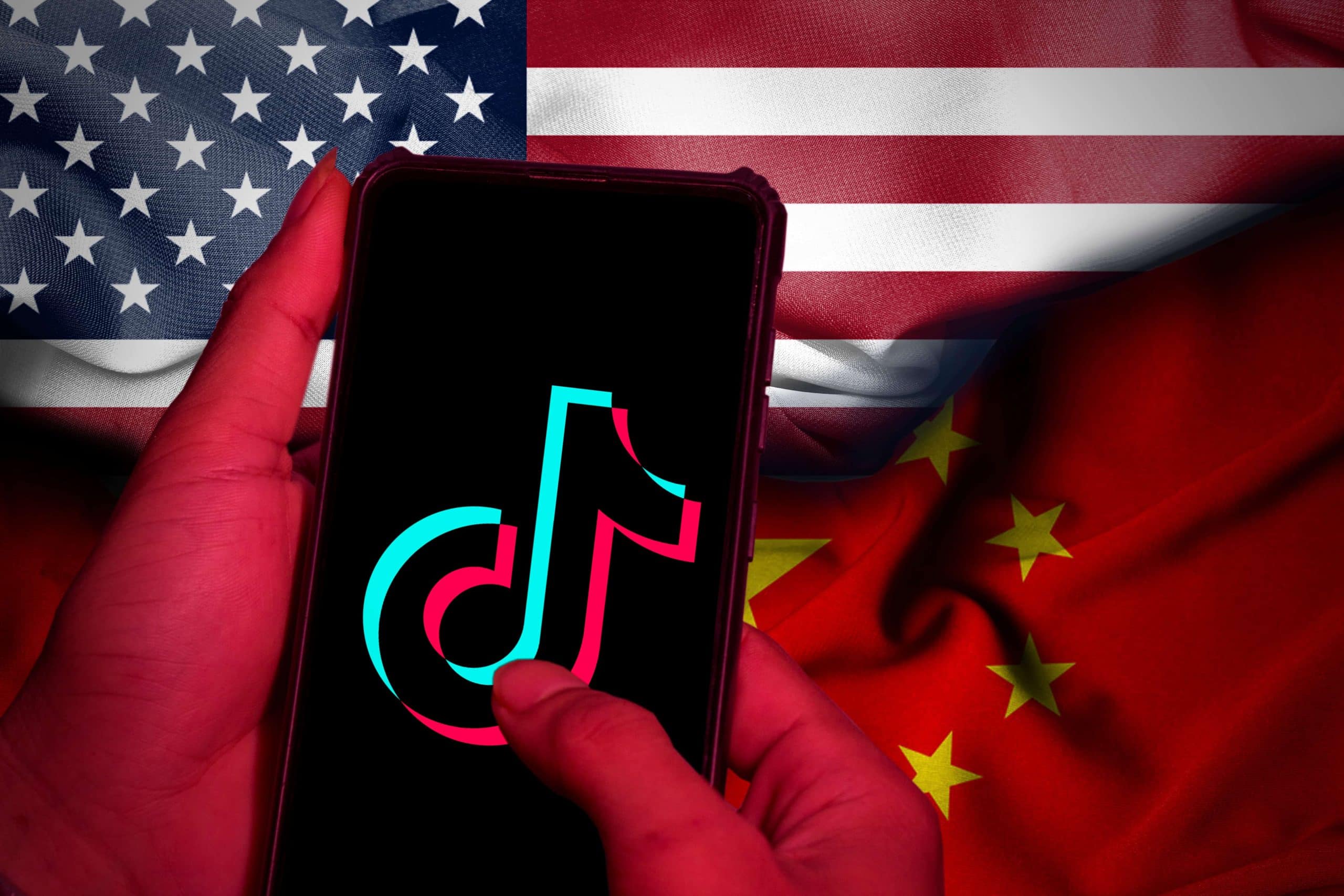A federal judge has issued a preliminary injunction halting Montana’s first-in-the-nation law banning TikTok statewide, mere weeks before the prohibition was slated to take effect on January 1st, 2024. The ruling delivers an early defeat for states pursuing outright blocks against the social media platform over data privacy fears tied to Chinese ownership.
Judge Donald Molloy’s decision suggests that Montana failed to present convincing evidence that TikTok’s Chinese parent company ByteDance allows Beijing to harvest American user data. In the absence of firmer proof that national security is at risk, the judge indicated that banning a popular communications tool likely violates free speech protections.
“Despite the State’s attempt to defend SB 419 as a consumer protection bill, the current record leaves little doubt that Montana’s legislature and Attorney General were more interested in targeting China’s ostensible role in TikTok than with protecting Montana consumers”, Judge Molloy highlighted.
TikTok Wins, For Now
The outcome represents a victory for TikTok at a point when several facets of both the federal and local government are waging war against the app due to data privacy concerns. Meanwhile, the Montana Attorney General’s office downplayed the implications of the ruling and deemed the result as a “preliminary matter” rather than a final decision.
In May this year, Montana Governor Greg Gianforte signed bill SB 419 into law, making his state the first to attempt a blanket TikTok ban citing surveillance risks from Chinese factions who had close ties to the app’s parent company. The statute would have prohibited downloading or accessing TikTok from all devices inside Montana starting in January 2024.
The law also empowered Montana to fine app stores, mobile carriers, and TikTok itself with penalties of up to $10,000 daily for violating the provisions. Supporters pitched the measure as a way of protecting citizens against the Chinese Communist Party (CCP) alleged spying activities on American citizens.
Judges Hesitate to Concede to States as Federal Government Stays on the Sidelines
TikTok swiftly sued Montana right after SB 419 was approved, alleging First Amendment infringement and lack of due process alongside reputational damages. In issuing a preliminary injunction, Judge Molloy concurred that the law was likely unconstitutional while impugning legislative motives.
There is good reason to believe that ByteDance could be sharing US user data with the CCP because of the nation’s recent national security law passed in 2017 that requires all companies in China to assist the Chinese government in any national intelligence operations. There just isn’t enough proof that any kind of US user data is being transferred though it could likely be easily kept secret if it were occurring.
Molloy suggested that the rhetoric around consumer privacy defenses masked paternalistic anti-China posturing. With the injunction now prolonging the case’s legal review, Montana faces expanded burdens to present compelling evidence that prompts the judge to uphold the ban.
Also read: 100+ TikTok Statistics Updated for November 2023
Any material proof provided by the state’s Attorney General office must emphasize the significant national security dangers to the extent that it justifies overriding – to some extent – citizens’ right to choose which apps they install on their mobile phones.
The early ruling showcases how states are possibly overstepping authority by regulating global communications networks under the guise of local consumer protections. In the absence of federal-level action, judges appear to be hesitant when it comes to allowing states to arbitrarily prohibit specific apps used by millions nationwide.
Broader Implications for TikTok’s US Operations
Montana’s attempted TikTok law represented the most aggressive government effort to date to remove the app from consumer access.
While over 25 states banned TikTok from all government-issued devices, Montana sought to interfere with private use and business activities protected under existing Constitutional principles. This injunction now deals an early symbolic blow to state-level efforts at functionally shutting TikTok down through local legislation.
The judgment also undermines the legal basis to ban TikTok on alleged national security grounds when evidence tying the app’s Chinese ownership to data privacy abuses remains circumstantial. By granting TikTok early relief, the burden shifts more onto its detractors, who now have to demonstrate actual privacy violations to pursue their causes.
“We look forward to presenting the complete legal argument to defend the law that protects Montanans from the Chinese Communist Party obtaining and using their data”, said a spokesperson for Montana’s Attorney General, Austin Knudsen.
As policymakers continue targeting TikTok ownership issues alongside content concerns, early legal precedents appear stacked against outright bans.
On 29 November, Florida Senator Marco Rubio commented that TikTok should be ‘demonetized’ instead of being banned from the country. Rubio has advocated for a ban since 2022 citing the same data privacy and security risks voiced by Montana authorities.
Other plans presented by lawmakers have involved the sale of TikTok to a US-based entity that guarantees the safety of user data or prompting the company to reveal its algorithm to make sure it is not targeting consumers in a harmful way.
TikTok Buys Crucial Time to Satisfy Authorities’ Concerns
The injunction simply represents initial procedural relief for TikTok before a full trial ultimately scrutinizes the merits of the state’s legal action. However, the ruling already indicates that federal courts may guard Constitutional rights above states seeking to impose arbitrary app prohibitions backed by flimsy evidence.
TikTok has been working with authorities to appease these data privacy concerns. One of the most touted measures by the firm was its decision to move US data to servers based in the country and managed by Oracle Corp.
For TikTok, the win buys critical breathing room while it continues to draft measures that highlight its positive intentions to establish appropriate controls concerning data transfers and content moderation.
